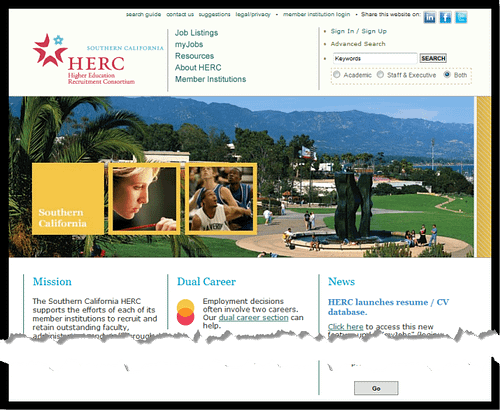You have decided that you want to seek a position teaching in higher education. It is time to take all your years of business or research experience and put it to good use.
Where do you begin?
MEET THE MINIMUM REQUIREMENTS
To teach at the university level, you are pretty much going to need at least a MA (master's) level of education in the field in which you wish to teach. This is true for the vast majority of accredited universities and junior colleges.
If you are seeking a full-time tenure-track position, you will likely need to either be on your way to a doctorate, or to have already earned one in the field in which you wish to teach.
FIND POTENTIAL EMPLOYERS
There are differing types of teaching positions in higher ed, with varying pay scales:
Community colleges ($$$)
University Extension programs ($$$)
For-profit universities ($)
Private non-profit universities ($$ or $$$)
Faith-based universities ($)
State schools ($$)
Research-oriented universities ($$$$)
Here are some links for jobs in higher ed:
The Chronicle of Higher Education Job Postings
Southern California Higher Education Recruitment Consortium
Higher Education Jobs
Academic Keys
ENSURE ALIGNMENT WITH YOUR EXPERIENCE AND MISSION
Before you invest your time in the application process, be sure that your experience is sufficient to teach at that specific university. If the university has a large focus on research and you haven't published a single journal article, don't bother trying to show how your real-world experience is more than adequate to make up for your shortcomings. It is better to spend your time focusing on institutions in which your experience and publication record are in sync.
GO THROUGH THE APPLICATION PROCESS OR SEND AN UNSOLICITED COMMUNICATION
Depending again on the university, they may require that all applicants go through their formal application process, or you may be welcome to send unsolicited communications to the university.
FOCUS YOUR EFFORTS ON THE PERSON DOING THE HIRING
Accompany your cover letter and resume (CV) with a list of the classes that the university teaches that you're specifically qualified to teach. List the class on the left (use their naming conventions) and list bullets on the right showing why you're a good person to teach that specific class.
You have invested a lot in your education and your work experience. Congratulations on your next step in giving back to others who are looking to do the same.
Please add your suggestions in the comments section. I plan on continually editing this post to incorporate the current best practices in higher education positions job seeking.

